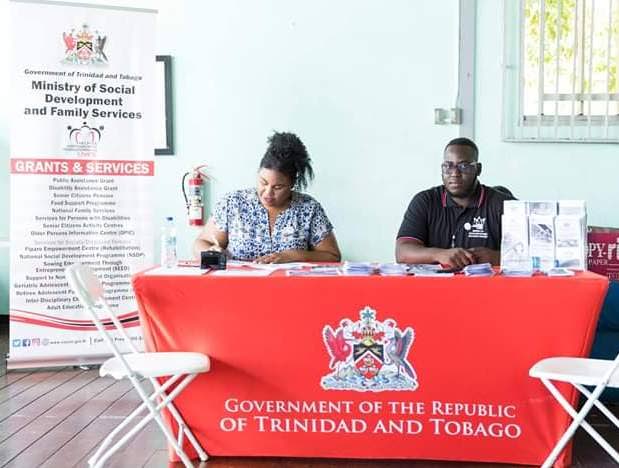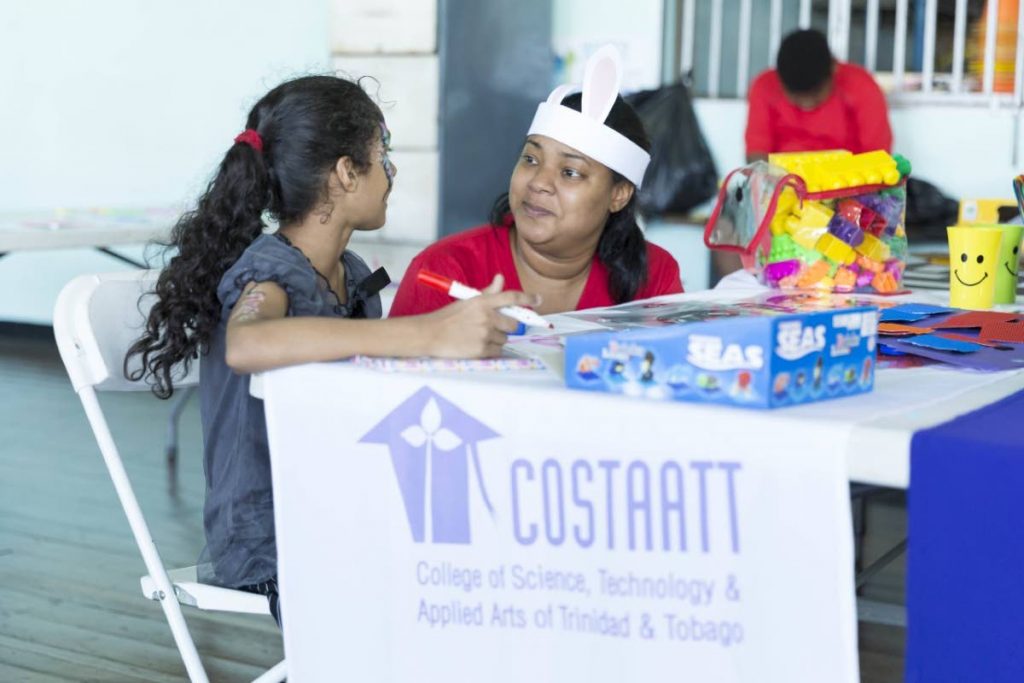Public services for special needs

DR RADICA MAHASE
LAST year we decided to apply for a passport for my nephew. He’s now 15 and doesn’t communicate verbally. He has not been enrolled in a school for the past two years because the entire school environment is just over stimulating for him especially if it’s noisy or crowded, but he thrives on individual therapy and teaching sessions.
We wanted him to have a passport with the hope that we can start taking him to new places.
Generally, I try to stay away as much as possible from government offices and I dread having to renew passports, etc. In this case, taking Rahul to the passport office was definitely something we did not look forward to. But then I got in touch with Keisha, one of the employees at the Immigration Office, San Fernando. Through Keisha we were able to inform the office that we were coming with a special needs child and find out what was the least busy time to visit the office.
When we arrived at the office we were attended to immediately by Smith, the officer in charge of the Immigration Office, San Fernando. Both Keisha and Smith were very understanding and accommodating.
We were unable to complete his application on that visit, as he had a meltdown, but on our return visit we were treated with the same level of understanding and professionalism by another officer who, very patiently, kept trying to take his photo.
What impressed me most about Keisha and other officers was that they understood that dealing with a special needs child required them to go beyond the call of duty. They made the effort to accommodate him, making sure that he didn’t have to wait long, and took his picture over and over until they got one that could work. When he had a meltdown Smith wanted to know what triggered it, if it was something that they could fix (it wasn’t – he was just over-stimulated).

What could have been a very exhausting and even traumatic visit to the passport office for him as well as for us turned out to be a pleasant enough one, simply because they understood our situation and made the effort to accommodate us.
The experience is something I wish for every individual with special needs who has to access public services in TT. In a country where we complain profusely about poor public service, we have much to improve on and Keisha and the staff at the Immigration Office, San Fernando, are the ones we can use as a model. The level of professionalism, understanding and the efforts to accommodate someone with special needs at this government office should not be the exception but should become the norm.
Government institutions, organisations and businesses can do their part by sensitising employees to special needs in general. Training programmes explaining special needs and how to interact with persons with special needs will go a long way in providing good customer service.
It would also help if the various ministries, institutions and organisations have proper systems in place to accommodate those with differing needs. These should be a part of their usual working policies and protocols.
Parents/caregivers and individuals with special needs can also take it upon themselves to find out information before they try to access services – liaise with the relevant offices before you go, try to get as much information as possible; if possible let them know before that you’re coming; ask for extra assistance (the most they can say is no).
Sometimes we take it for granted that people will be understanding and accommodating, but sadly, this is not always the case. Hence, if possible, don’t just show up and expect to be accommodated or even treated in a professional manner, because although this should be the norm, sadly it isn’t.
According to the National Policy on Persons with Disabilities, “Persons with disabilities are equal citizens of this nation. They have the same rights and responsibilities and should enjoy equal access to the services available to each and every citizen.”
A firm step towards making this a reality would be to ensure that all government offices/buildings are accessible and accommodating and that staff is sensitised, empathetic and willing to accommodate everyone. Thank you Keisha, Smith and the Immigration Office San Fernando, for demonstrating this.
Dr Radica Mahase is the founder/director, Support Autism T&T

Comments
"Public services for special needs"